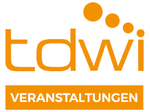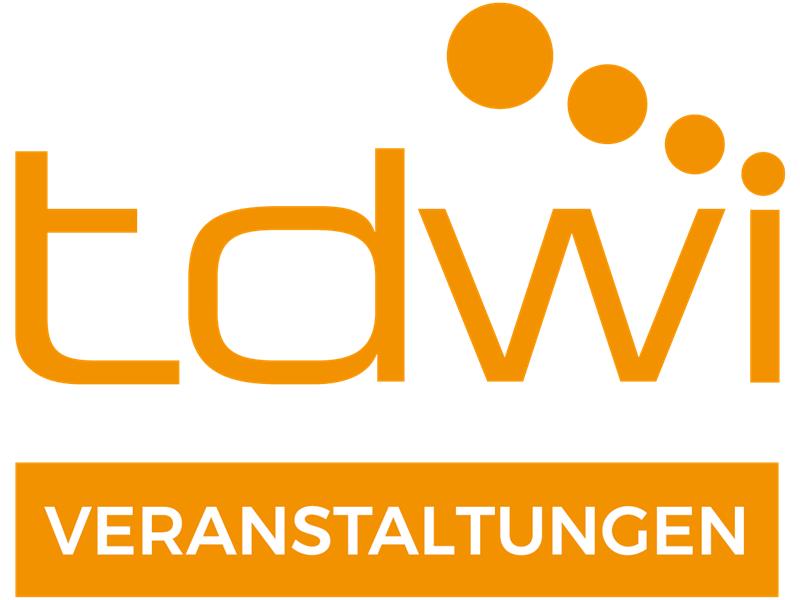
Please note:
Here you can find the English speaking sessions of the TDWI München 2024. You can find all conference sessions, including the German speaking ones, here.
Track: Data Science & AI
- Dienstag
11.06. - Donnerstag
13.06.
Our unit has the opportunity to move to the AWS Cloud with its platforms and data. The main challenges we faced were/are:
- Getting buy-in from all colleagues
- Dealing with complexity
- Re-skilling
- Giving people a sense of belonging and psychological safety in a complex, hybrid and changing environment.
Find out more about how we dealt with these challenges, using lots of practical hacks, and the newest findings of Neuroscience. You might be surprised which measures worked best and also by how we…
Mit mehr als 1000 Nutzern auf der Cloud-Datenplattform muss DKV Mobility den nächsten Evolutionsschritt zur Data Driven Company gehen.
DKV Mobility nutzt Frosty von Snowflake, um Business Value für Non-Developer zu generieren, statt dem AI-Hype zu folgen.
Der Use Case erläutert den Why/How/What-Ansatz von DKV Mobility auf dem Weg zur Implementierung von Business-Modellen, die Generative AI enthalten. Abschließend wird auf die Do's & Don'ts eingegangen.
Zielpublikum: Entscheider, Interessierte an…
In this presentation, Pascal will provide a comprehensive overview of the foundational strategies deployed in establishing the AI Center of Excellence at APG. He will give practical insights into the many challenges and the strategic solutions implemented to ensure the Center's success. Further, the session will delve into the intricate interdependencies among AI, analytics, coding, and data excellence - critical components that surface during the development of robust AI and data capabilities.
…
Explore the future of MLOps as we delve into building Azure ML pipelines using OOP. Discover how a generic and reusable MLOps pipeline streamlines new use case initiation. We utilize MLflow for managing the ML lifecycle and model deployments. We leverage OOP and dependency injection to build an MLOps framework, eliminating all the boilerplate and making it easy for our customers to start new use cases. Developers can reuse, inject, or utilize AutoML for training modules. This solution is an…
In this talk, we delve into the emerging field of applying large language models in the industry with focus on different techniques of augmenting large language models while preserving confidentiality of data that is used for additional context.
In this talk we will explore the fundamentals of RAG, its implications for privacy-preserving data handling, and practical considerations for its implementation on a real usecase.
Target Audience: machine learning engineers, data scientists, data…

